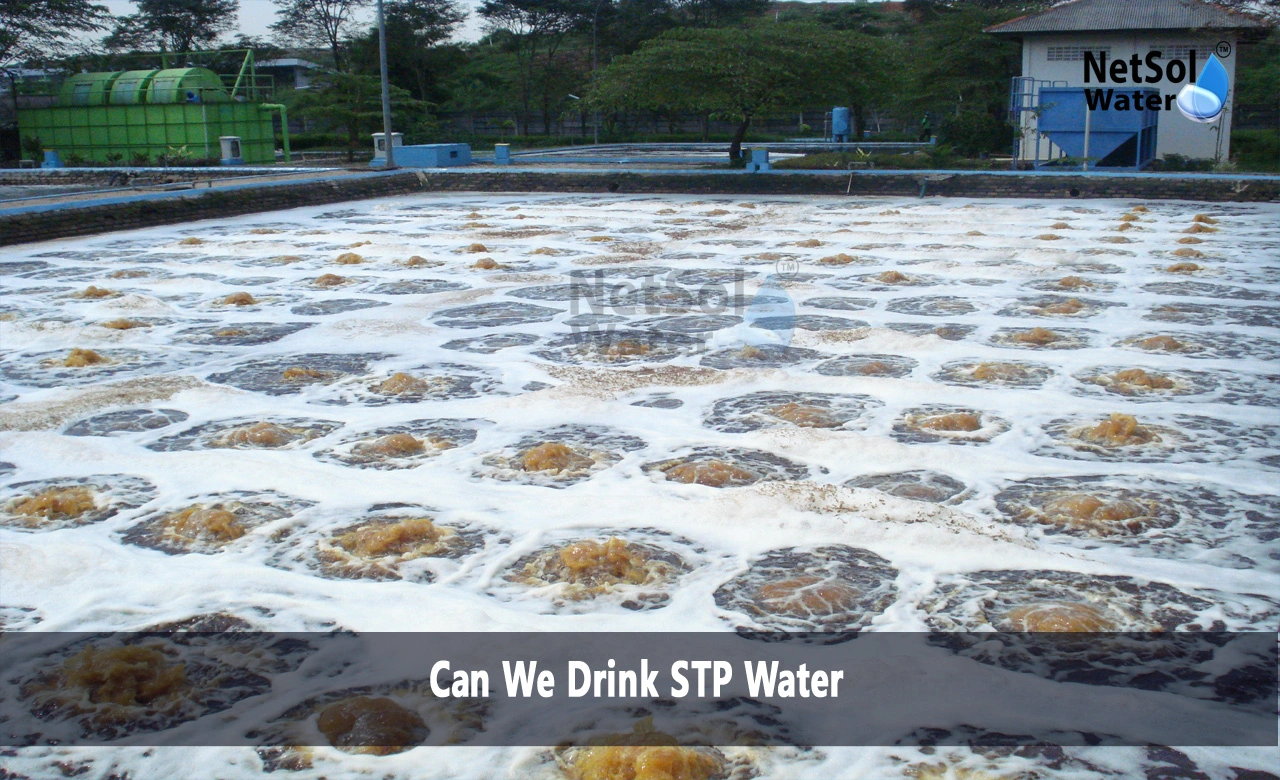Can We Drink STP Water?
Ever asked the question, can we drink STP water? Just answer NO. Water stands as the most important resource for human survival. Every drop we consume carries immense significance for our health and well-being. STP water represents a complex topic that challenges our understanding of water purification and safety. Numerous communities worldwide come with water scarcity and seek alternative water sources. STP water emerges as a potential solution yet raises significant health concerns. Understanding the process of water treatment and transforming wastewater into potentially usable water becomes important.
We will learn about potential risks and understand why drinking STP water remains a complex and potentially dangerous.
Understanding STP Water Processing
Water treatment represents a complex scientific process that transforms contaminated water into safer forms. STP remove harmful substances and biological contaminants from wastewater. The journey of water through treatment plants involves multiple stages designed to eliminate dangerous microorganisms, chemicals and pollutants.
Initial Stages of Water Treatment
Treatment begins with physical removal of large debris. Screens and filters capture solid materials preventing them from moving further in the processing system. Subsequent stages involve chemical treatments that target microscopic contaminants. Cultured chemical processes help neutralize harmful substances ensuring water moves closer to potential reusability.
Health Risks Associated with STP Water Consumption
Microbial Contamination Challenges: Bacterial and viral contaminants pose significant health risks in STP water. Despite advanced treatment technologies complete elimination of dangerous microorganisms remains challenging. Pathogens like E. coli salmonella and various parasites can survive treatment processes. Human exposure to these microorganisms triggers severe health complications including gastrointestinal diseases and potentially life-threatening infections.
Chemical Contaminant Concerns: Industrial waste, pharmaceutical residues and toxic chemicals create additional challenges in water treatment. Many chemical compounds resist standard treatment methods. Heavy metals pharmaceutical remnants and industrial chemicals can pass through filtration systems undetected. Long-term exposure to these substances increases risks of chronic health conditions including neurological disorders and certain types of cancer.
Technological Limitations in Water Purification
Current water treatment technologies struggle with complete contaminant removal. Advanced filtration systems like reverse osmosis membrane technologies provide promising results yet cannot guarantee absolute purity. Microscopic contaminants pharmaceutical residues and emerging pollutants challenge existing treatment methodologies.
Water Quality Monitoring Challenges: Consistent and comprehensive water quality monitoring becomes important. Regular testing requires extensive resources sophisticated equipment and specialized expertise. Many treatment facilities face limitations in implementing comprehensive monitoring protocols. These constraints increase risks associated with water consumption.
Environmental and Sustainability Perspectives
While direct consumption remains inadvisable water recycling offers promising environmental benefits. Treated water finds applications in agricultural, irrigation industrial processes and groundwater recharge. Sustainable water management strategies recognize the potential of carefully processed wastewater.
Future Treatment Innovations
Emerging technologies promise improved water treatment methodologies. Nanotechnology advanced filtration systems and biological treatment innovations present hopeful solutions. Research continues exploring more effective approaches to water purification addressing current technological limitations. Maybe we can someday answer a yes to the question, Can we drink STP water?
Conclusion
Understanding STP water safety demands scientific knowledge and cautious approach. Drinking untreated or inadequately treated STP water poses significant health risks. Professional water treatment experts recommend avoiding direct consumption of STP water.
Concerned about water safety? Contact water treatment professionals for complete water quality assessments. Request expert consultations to understand safe water consumption practices. Protect your health through informed decisions and professional guidance.
Contact Netsol Water at:
Phone: +91-965-060-8473, Email: enquiry@netsolwater.com



